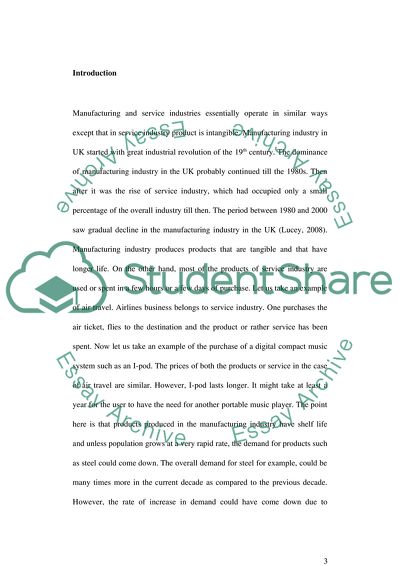Cite this document
(Business Economics - Manufacturing Industry in the UK in the Past Case Study - 1, n.d.)
Business Economics - Manufacturing Industry in the UK in the Past Case Study - 1. Retrieved from https://studentshare.org/macro-microeconomics/1729464-business-economics
Business Economics - Manufacturing Industry in the UK in the Past Case Study - 1. Retrieved from https://studentshare.org/macro-microeconomics/1729464-business-economics
(Business Economics - Manufacturing Industry in the UK in the Past Case Study - 1)
Business Economics - Manufacturing Industry in the UK in the Past Case Study - 1. https://studentshare.org/macro-microeconomics/1729464-business-economics.
Business Economics - Manufacturing Industry in the UK in the Past Case Study - 1. https://studentshare.org/macro-microeconomics/1729464-business-economics.
“Business Economics - Manufacturing Industry in the UK in the Past Case Study - 1”, n.d. https://studentshare.org/macro-microeconomics/1729464-business-economics.


